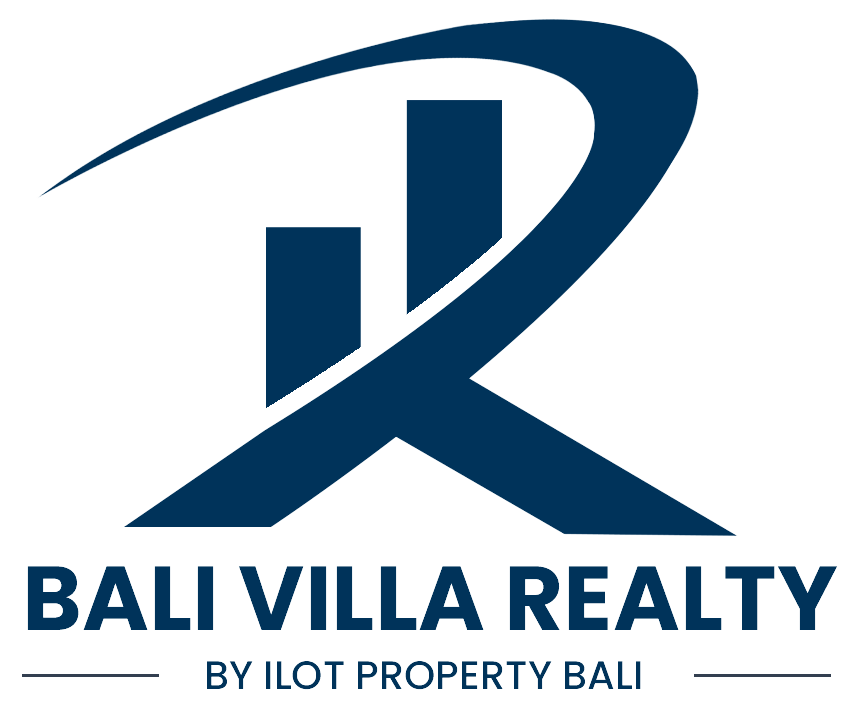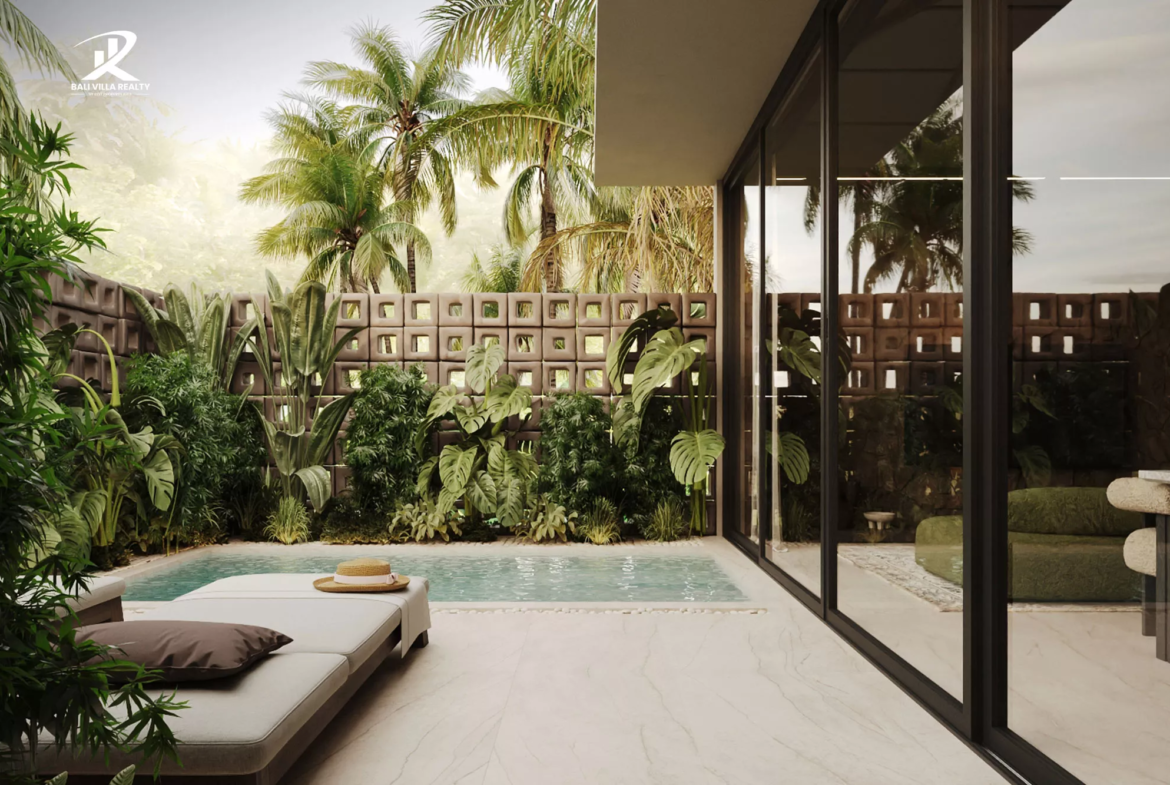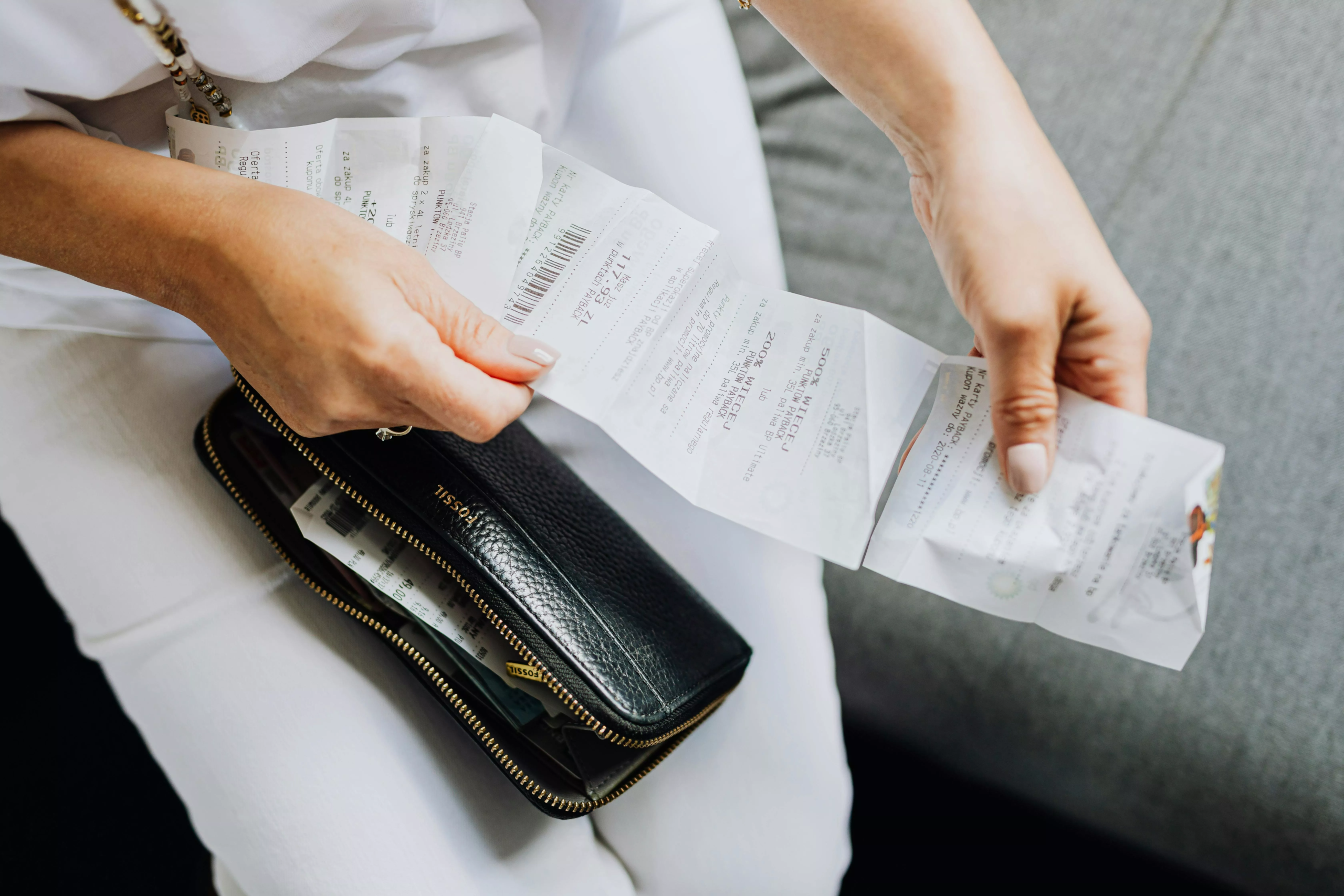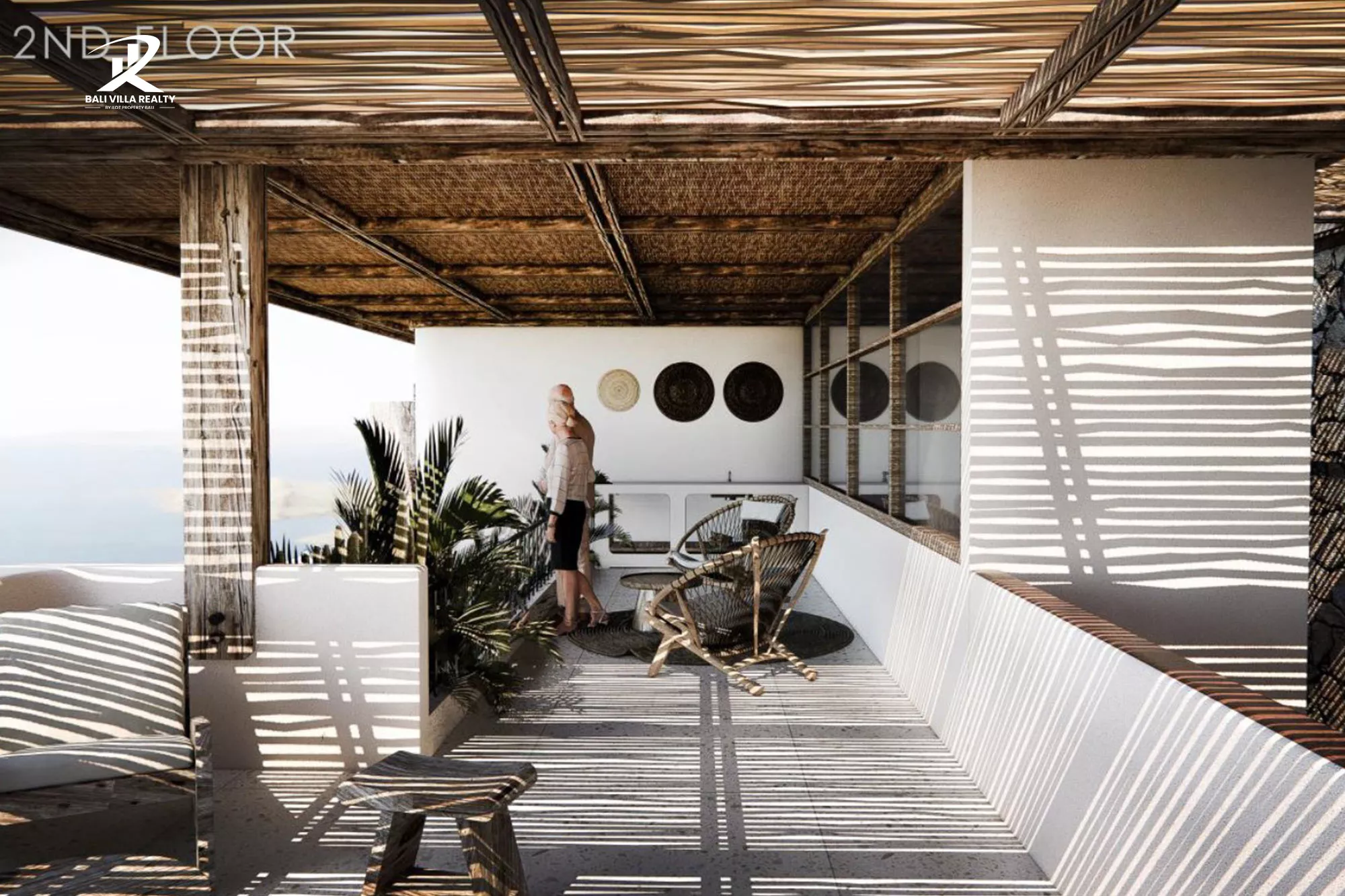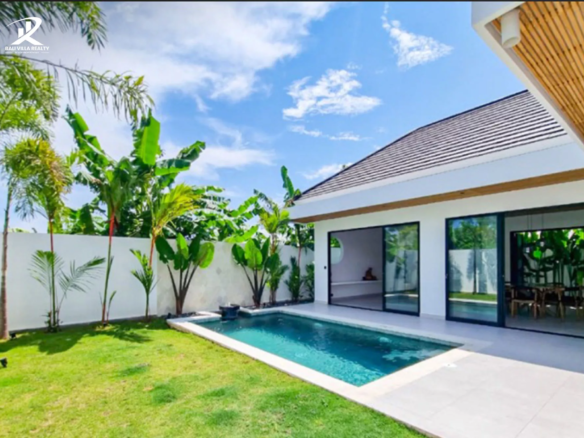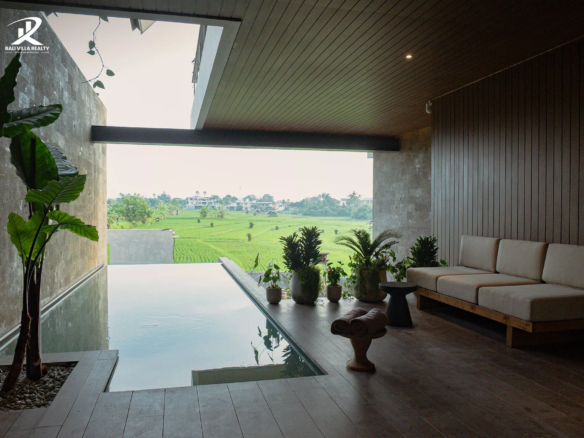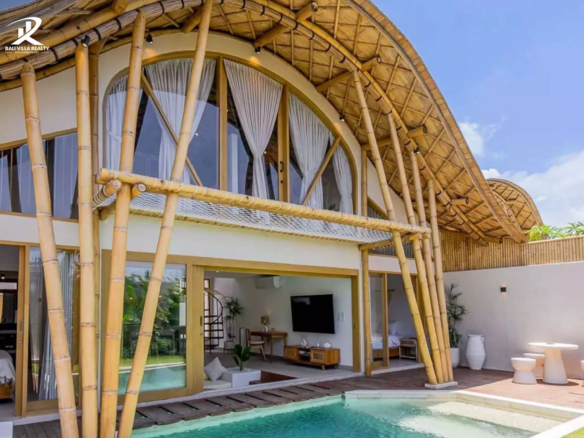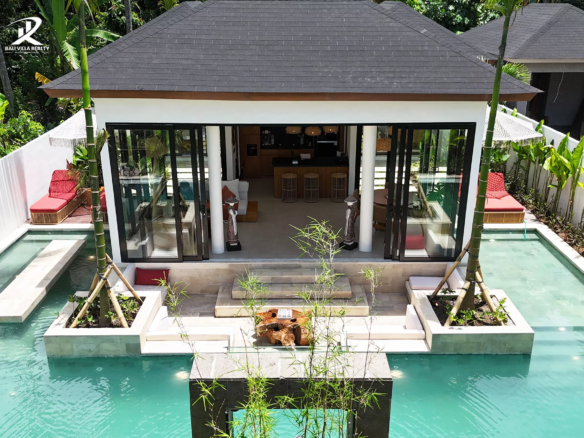Freehold ownership is highly attractive for expats who want to invest in Bali’s property market. Having a place that’s completely yours—with no time limits—sounds like the perfect setup.
But what does freehold ownership actually mean? And more importantly, is it the right choice for you?
In this guide, we’ll break down how freehold property works in Bali, highlight its main benefits, and share a curated list of freehold villas for sale that you can explore.
Key Takeaways
- Freehold (Hak Milik) offers full and permanent ownership of land and property but is only available to Indonesian citizens; foreigners can invest legally through Hak Pakai, PT PMA, or leasehold.
- Freehold villas in Bali provide strong investment value, flexible use, and lifestyle benefits, with property prices in prime areas growing 6–8% annually.
- Foreigners can’t directly sell freehold property, but they can transfer ownership rights legally through Hak Pakai or PT PMA structures.
- Investing in freehold property requires careful legal checks and higher costs, so working with experienced agents and notaries ensures a secure and compliant purchase.

Understanding Freehold Property
Freehold (Hak Milik) means full ownership of both the villa or building and the land it stands on. Investing in a freehold villa in Bali is possible, but for foreigners, ownership is not as absolute as it is in Western countries.
In Bali, freehold is reserved for Indonesian citizens, allowing them to own property completely and indefinitely.
For foreigners, ownership is limited to rights that feel similar to owning property—such as the Right to Build (Hak Guna Bangunan) and the Right to Use (Hak Pakai).
You can learn more about the legal types of property ownership available for foreigners here: Can Foreigners Buy Property in Bali? Full Legal Guide Explained.
How Freehold Rules Impact Foreign Buyers in Bali

As noted earlier, foreigners are not allowed to directly purchase freehold property in Bali. Still, there are alternative ways that make investing possible:
- Right to Use (Hak Pakai): Derivative right from Freehold. If you hold a valid stay permit (KITAS/KITAP), you can own a property under your own name for up to 80 years in total.
- PT PMA (Foreign-Owned Company): You can set up a company to legally hold land under a Right to Build (HGB) title — ideal for investment and rental purposes.
- Long-term Leasehold: You can also make a leasehold agreement with a local owner. In this case, the property remains under the local’s name, but you secure a contract that grants you usage rights.
Read More: What Happens After the Lease Expires? Bali Leasehold Property Guide
Benefits of Freehold Property Investment
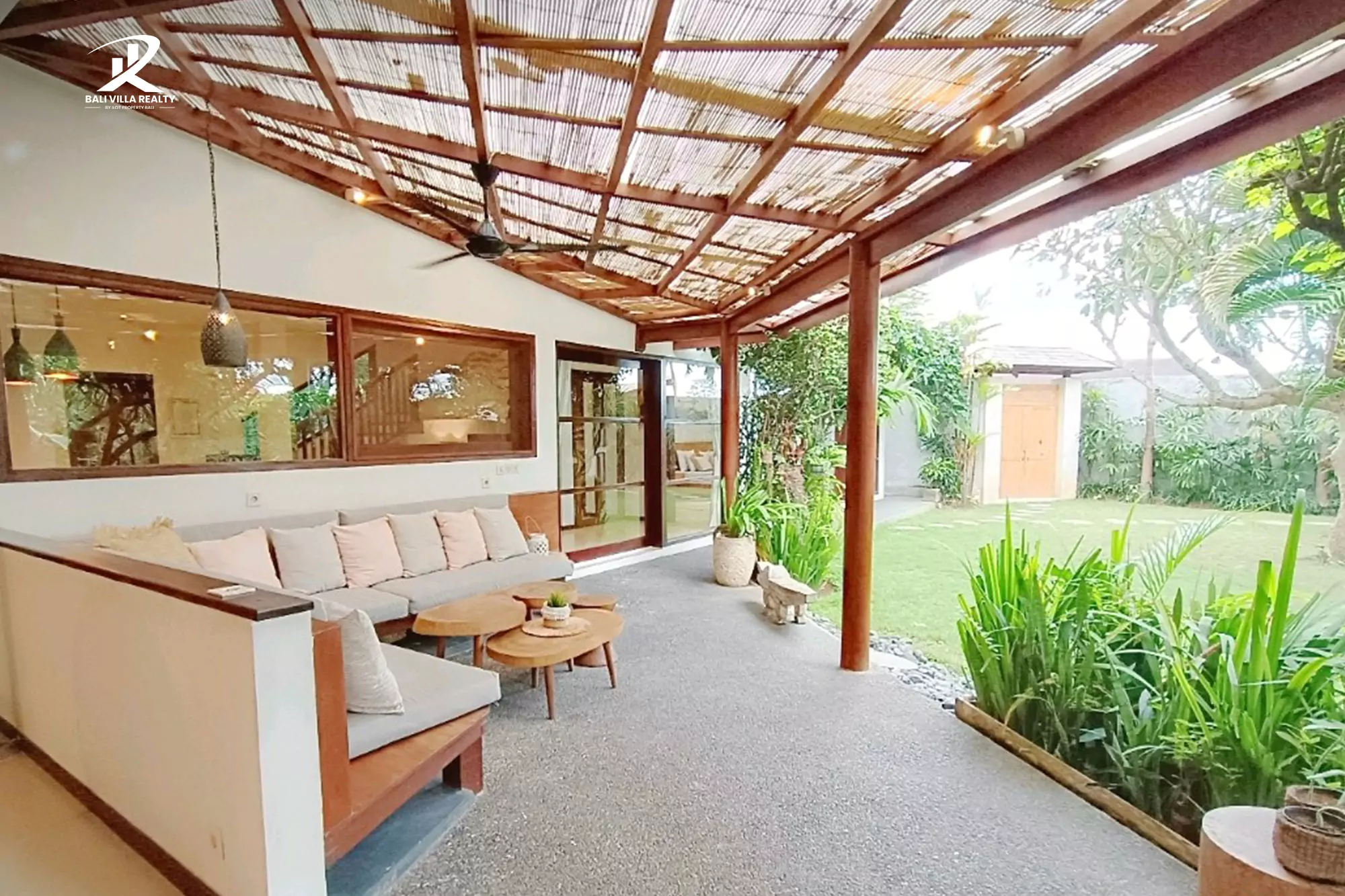
Investing in freehold villa in Bali gives you several benefits:
1. Your Investment Grows in Value
Bali is one of the world’s most popular destinations, but land in prime areas is limited. This scarcity drives property values up over time.
Freehold villas in Bali's prime areas have shown steady growth—around 6–8% annually in the past decade. Owning freehold property allows your investment to appreciate significantly over the years.
2. Make Money by Renting It Out
Bali attracts over 6 million tourists every year, creating strong demand for luxury villa rentals. By renting out your freehold villa, you can generate consistent income to cover costs or even profit.
With the help of a professional property manager, your villa can stay fully booked, while they handle everything from marketing to guest services and maintenance.
3. Flexibility to Design Your Dream Villa
As the full legal owner, you can design and upgrade your villa however you like. Want a private pool, a Balinese-style redesign, or a lush tropical garden? With freehold ownership, the choice is yours.
This flexibility lets you create your dream home in Bali or design a unique rental property that appeals to guests.
4. Easier to Sell or Transfer
Because it’s the highest form of ownership, freehold properties are often easier to resell and attract more buyers.
Here’s how it works: when a foreign buyer acquires a property through this scheme, the Freehold (Hak Milik) title is converted into a Right to Use (Hak Pakai) and officially registered under their name.
If the property is later sold and transferred to an Indonesian citizen, the title can return to its original Freehold status, allowing the foreign owner to enjoy similar value appreciation as local property holders.
5. Unmatched Lifestyle Perks
Picture having your own private retreat surrounded by Bali’s lively yet peaceful atmosphere. Whether you visit occasionally or plan to stay long-term, owning a villa here brings exceptional lifestyle rewards.
You can enjoy easy access to the island’s rich culture, world-class wellness spots, and fine dining—all while living in a calm, tropical paradise.
Discover Bali Freehold Villas For Sale
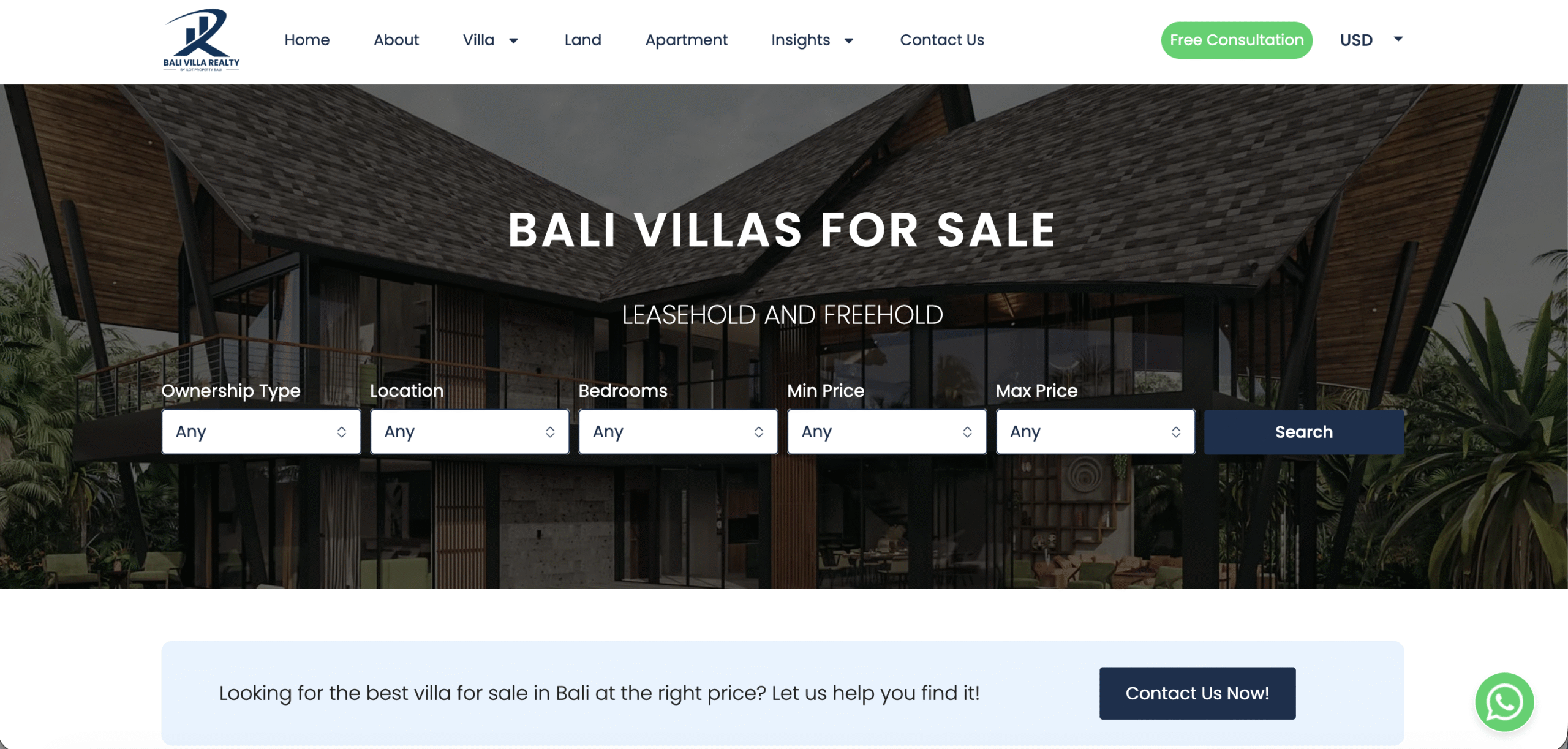
Looking for a place that truly feels like your own in Bali? Our curated collection of Bali villas for sale: freehold and leasehold lets you explore the island’s most beautiful homes.
Whether you’re dreaming of a quiet home, a tropical getaway, or an investment that grows in value over time, you’ll find options that match your vision.
And if you need a little help along the way, our agents are here for you.
We’re happy to share personalized recommendations, smart investment tips, the best available deals, or simply to answer any questions you have in mind.
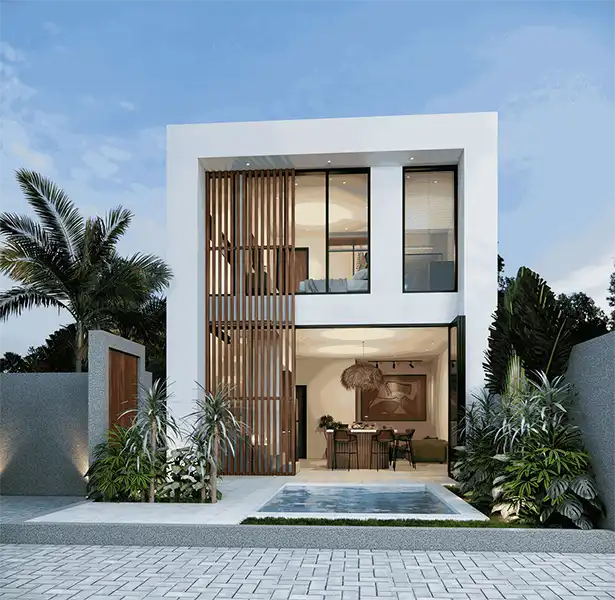
Get a Customized Investment Plan in Bali
With over 15+ years in the market, here’s what we can do for you:
- Find the best location to invest in Bali.
- Reliable guidance on Bali’s property market and laws.
- Personalized strategy to maximize returns and meet your financial goals.
Can a Freehold be Sold?
Technically, foreigners cannot own or sell freehold (Hak Milik) property in Indonesia because this title is reserved only for Indonesian citizens.
However, if a foreigner purchased a property legally under a Right to Use (Hak Pakai) or through a PT PMA (foreign-owned company) holding a Right to Build (HGB) title, they can sell or transfer those rights to another eligible party.
Here’s how it works:
- If the property was held under Right to Use, it can be sold to another foreigner with a valid stay permit (KITAS/KITAP) or to an Indonesian citizen, in which case the title reverts back to Freehold (Hak Milik).
- If owned via a PT PMA, the company can legally sell the property to another entity or individual following Indonesian regulations.
Potential Risks of Investing in Freehold Property

Before you buy a freehold investment in Bali, you should be aware of these things:
- Higher Purchase Price: Freehold land usually costs more than leasehold because it offers full ownership and long-term security.
- Complex Legal Process: Transferring or verifying freehold titles requires strict due diligence, official documentation, and approval from local authorities.
- Lower Liquidity for Foreigners: Since only Indonesian citizens can directly buy freehold, resale options for foreign investors are limited.
- Potential Legal Risks in Nominee Arrangements: Some foreigners try to bypass ownership laws using local nominees, but these agreements are risky and legally unenforceable.
- Additional Taxes and Fees: Buying and maintaining freehold property can involve higher transfer taxes, notary fees, and annual land taxes compared to leasehold.
- Conflicts Between Co-Freeholders (PT PMA): Disputes over payments or management decisions can arise among co-owners, often creating tension between neighbors.
Conclusion
More and more foreigners are investing in Bali, and freehold villas are among the top choices. This type of ownership offers stability and full control over your property.
Since foreigners can’t directly hold property in their own name, you’ll need to set up a PT PMA company or choose a long-term leasehold to obtain the Right to Use (Hak Pakai) legally.
If you’d rather skip the confusion, Bali Villa Realty is here to make it simple. With over 14 years of experience, our team has guided expats step by step—making sure every purchase is legal, secure, and built for long-term success.
Need guidance? Let’s chat! Book your free, no-obligation consultation with one of our property experts below, and we’ll help you find the best options for your goals.
Want to start investing in Bali property?
Have a quick chat with our real estate experts for personalized advice on your Bali investments. No commitment required.
FAQ
Freehold gives permanent ownership of the property, but it is only available to Indonesian citizens. Leasehold, on the other hand, allows you to use the land for a fixed period (usually 25–30 years) with the option to extend.
Freehold gives full ownership and long-term security, perfect for locals. For foreigners, leasehold, Hak Pakai, or PT PMA ownership are safer and more practical options.
Freehold land is commonly used for private homes, family villas, or long-term investments.
Generally, land under freehold doesn’t depreciate. It often increases in value over time, especially in popular areas like Bali.
For Indonesians, getting a mortgage for freehold property is easy through local banks. For foreigners, it’s harder since most banks don’t lend to non-residents—cash payments or PT PMA structures are more common.
